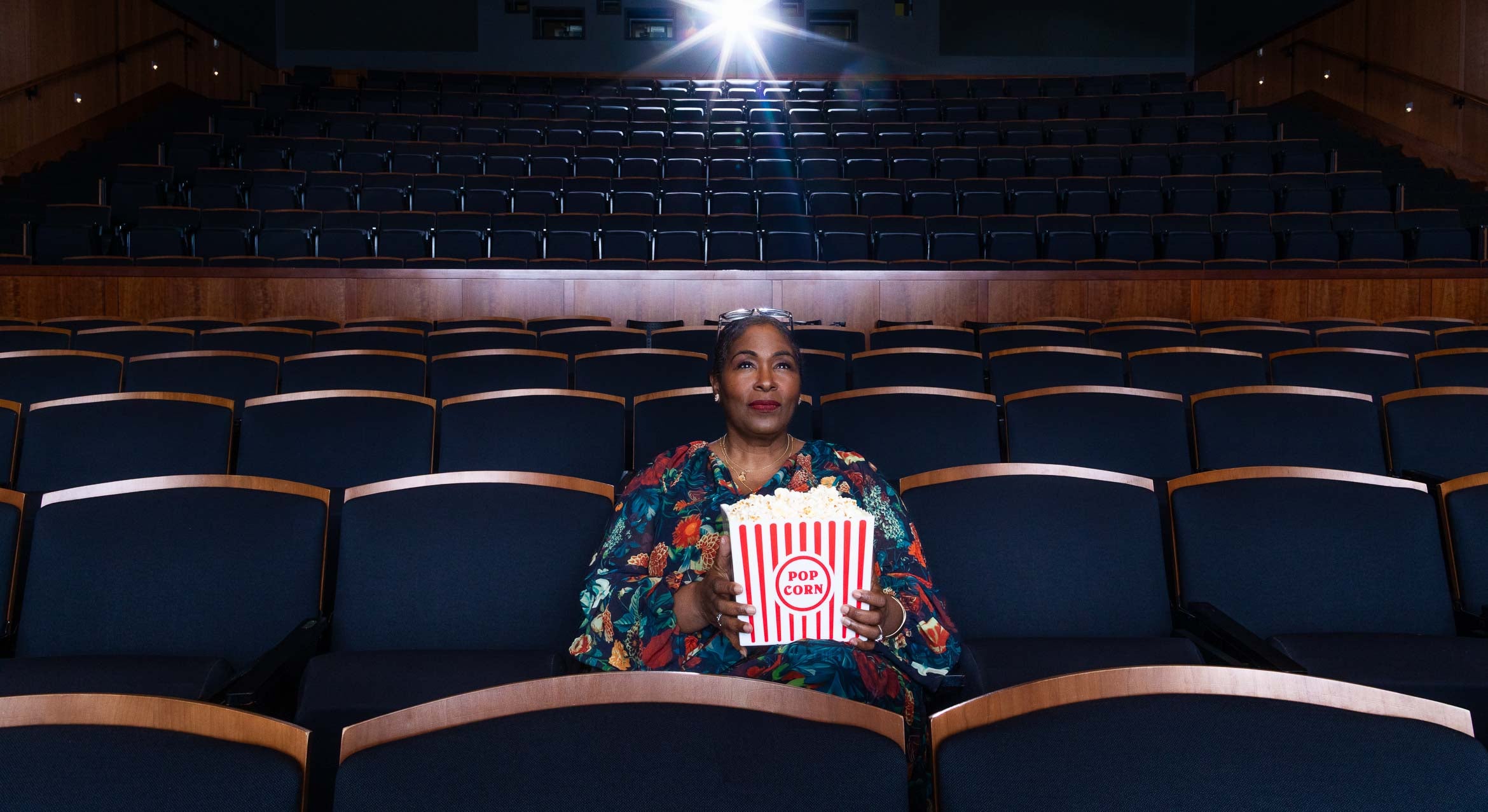Toward understanding, healing and transformation
Resilience can ripple outward, changing the lives of people, families and communities. As a cultural trauma navigator, Resmaa Menakem facilitates such change by connecting individual and familial experiences to societal processes, helping people find paths forward from intergenerational racial and historical trauma. Best known for his New York Times bestseller “My Grandmother’s Hands” and his Guerrilla Muse podcast, he applies critical, empathetic and embodied thought to controversial topics.
Menakem will discuss his work, which sets a course for critical understanding, healing and transformation, during an appearance at UC Santa Barbara. The event, part of the UCSB Arts & Lectures “Justice for All” programming initiative, will be held at 7:30 p.m. Monday, Feb. 12, in Campbell Hall.
“Resmaa Menakem’s visit could not have occurred at a more urgently necessary moment, when we are experiencing societal trauma at every turn, in seemingly accelerated intensity,” said Charles Hale, SAGE Sara Miller McCune Dean of Social Sciences. “Few would deny Menakem’s core assertion, that conventional approaches to these problems have fallen dangerously short; this should open our minds to alternatives — like the focus on historical, racialized and embodied trauma — that he has done so much to bring to the center of our national dialogue.”
Based in Minneapolis, Menakem is an author, educator, therapist and licensed clinical worker specializing in racialized trauma, communal healing and cultural first aid.. As the originator and leading proponent of somatic abolitionism, an embodied anti-racist practice for living and culture building, he also is the founder of Justice Leadership Solutions and the Cultural Somatics Institute. He works at the intersections of anti-racism, communal healing and embodied purpose.
Menakem takes an innovative somatic approach to healing the pain of racialized trauma. Asserting that the body is where we store and experience trauma, he offers body-centric activities such as breathing exercises that develop an individual's capacity to move beyond unhealthy reflexive responses to negative emotions. By foregrounding the benefits available to people of all backgrounds by facing traumatic experiences and emotions directly, Menakem applies a constructive therapeutic approach to social problems that can otherwise appear intractable.
His book “My Grandmother's Hands” is being used to augment learning in multiple classes on the UCSB campus this year, including Julie Carlson’s English course, "Trauma-Informed Literature and Classrooms." Also on Monday, Menakem will meet with groups of faculty and students in registration-only workshops, prior to his talk in Campbell Hall.
The event is presented in association with the following UCSB partners: Counseling and Psychological Services, the Division of Student Affairs, Feminist Futures, the Office of Black Student Development, and the Office of Diversity, Equity and Inclusion. The lead sponsors for the Justice for All initiative are: Marcy Carsey, Connie Frank & Evan Thompson, Eva & Yoel Haller, Dick Wolf, and the Zegar Family Foundation.
Shelly Leachman
Editorial Director
(805) 893-2191
sleachman@ucsb.edu



